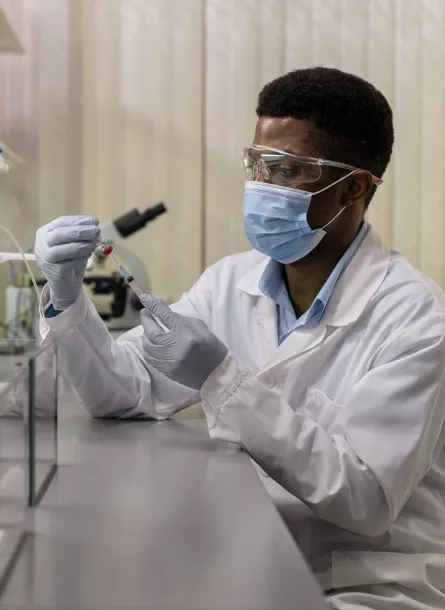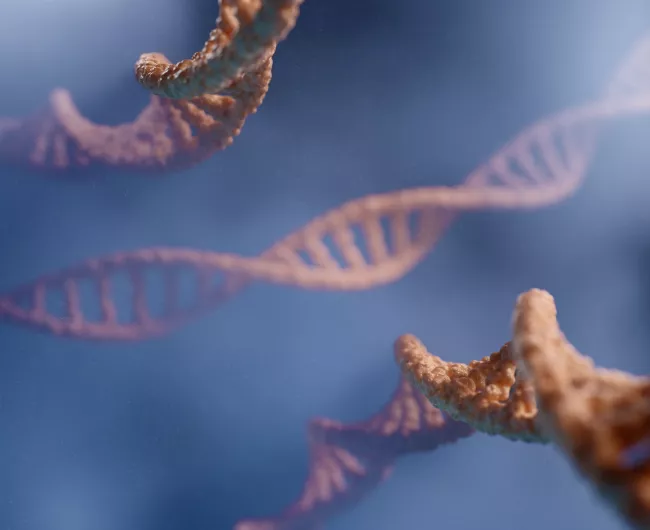
PTCH1 biomarker and colorectal cancer


What is the PTCH1 biomarker?
The PTCH1 gene is a tumor suppressor gene that contains the instructions for making the patched-1 protein. The gene encodes a member of the patched family of proteins and is a component of the hedgehog signaling pathway.

How common is the PTCH1 mutation?
PTCH1 is altered in approximately 4 percent of colorectal cancer patients.
Some mutations are acquired during a person's lifetime and are present only in certain cells. These genetic changes, called somatic mutations, are not inherited.

What happens if I have the PTCH1 mutation?
Although there are no FDA approved therapies targeting PTCH1 mutations to date, there is a clinical trial investigating the efficacy of a potential treatment in cancer patients with PTCH1 Loss of Function mutations.
Other biomarkers
TMB BiomarkerTop resources

Michelle Cappel: Biomarker testing extends life
Michelle Cappel owes a lot to colorectal cancer biomarker testing — seven years of life and counting.

Not all states mandate biomarker testing coverage
While Congress has yet to bring Medicare coverage fully up to speed with advances in biomarker testing, many states are acting.

Janice Johnson: get informed and advocate for yourself
When Janice Johnson started experiencing sudden GI symptoms at the age of 48, a cancer diagnosis was the last thing she expected. In fact, it was difficult for her to even get a colonoscopy in the first place, being that the recommended screening age was 50 at the time (2016).





